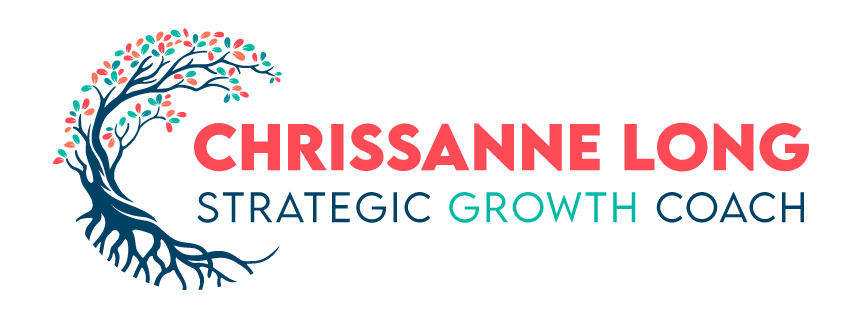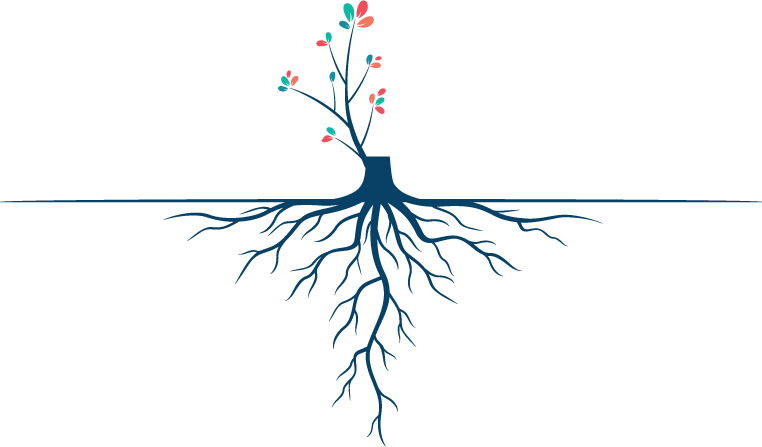GPS and the Value of Being Lost
Being uncertain about my directions is nothing new to me. Navigation is not my strong suit. And, thankfully I live in a time where technology makes this weakness less of a liability than it was prior to GPS and smartphones.
However, for some reason, this morning, my phone signal was not connecting to the network, and I was on my own. I assumed it would be a temporary glitch, and would automatically self-correct. I just needed to make the initial decisions to avoid wasting too much time, once the voice stopped saying “GPS Signal Lost.”
I realized on this trip something that I felt was worth fleshing out in a little bit more detail today for my post that I thought might resonate with you. Here’s what I started to think about while I waited for the guiding voice to return:
Life is much like our GPS devices. We’re tuned into the signal, connected and sure about the voyage we are on. When we’re “on,” we have no doubts about our travels — we know where we’re going and we know how to get there.
But sometimes, the signal gets lost.
And our decisions require a little more intentional thought to get us “Somewhere more familiar,” so that we can continue our journey without wasting too much time.
When the GPS wasn’t calibrated, I had to rely on myself. I had to think a little more. And, after a few moments of “winging it,” I started to realize how little I had paid attention to the landmarks on my way. Luckily, I didn’t get lost (this time), and before too long, the familiar voice of the GPS navigation started to help me feel more confident about my directions. But there was definite uncertainty about where I was going until her voice was there to reassure me.
This made me think about how similar this experience is to life, in general. When we’re confident about the path, sure of the direction we’re heading, are we paying attention to the little things — the smile of a stranger or the innocent question of a child? When we’re driven (no pun intended) by our confidence that we have it all figured out, and we’re in our own element, it seems we start to tune out the periphery — all of the important details for us to truly comprehend the world from all angles.
When we are vulnerable (aka “lost”), we are forced to pay closer attention to the details.
So, this led me to the question — “Is our dependence on the familiar route limiting us somehow?”
And, if so, what actions do we need to take to make sure that this dependence doesn’t numb us to the world around us? If we stop paying attention to our surroundings, how will we be able to continue to grow, and build on our knowledge?
It takes confidence and experience to be able to make good decisions. If we’re not equipped to make those decisions without a computerized voice telling us to turn left in 500 feet, what else are we giving away when we give away this power?
And, what else are we missing along the way? Should we get lost more often?








